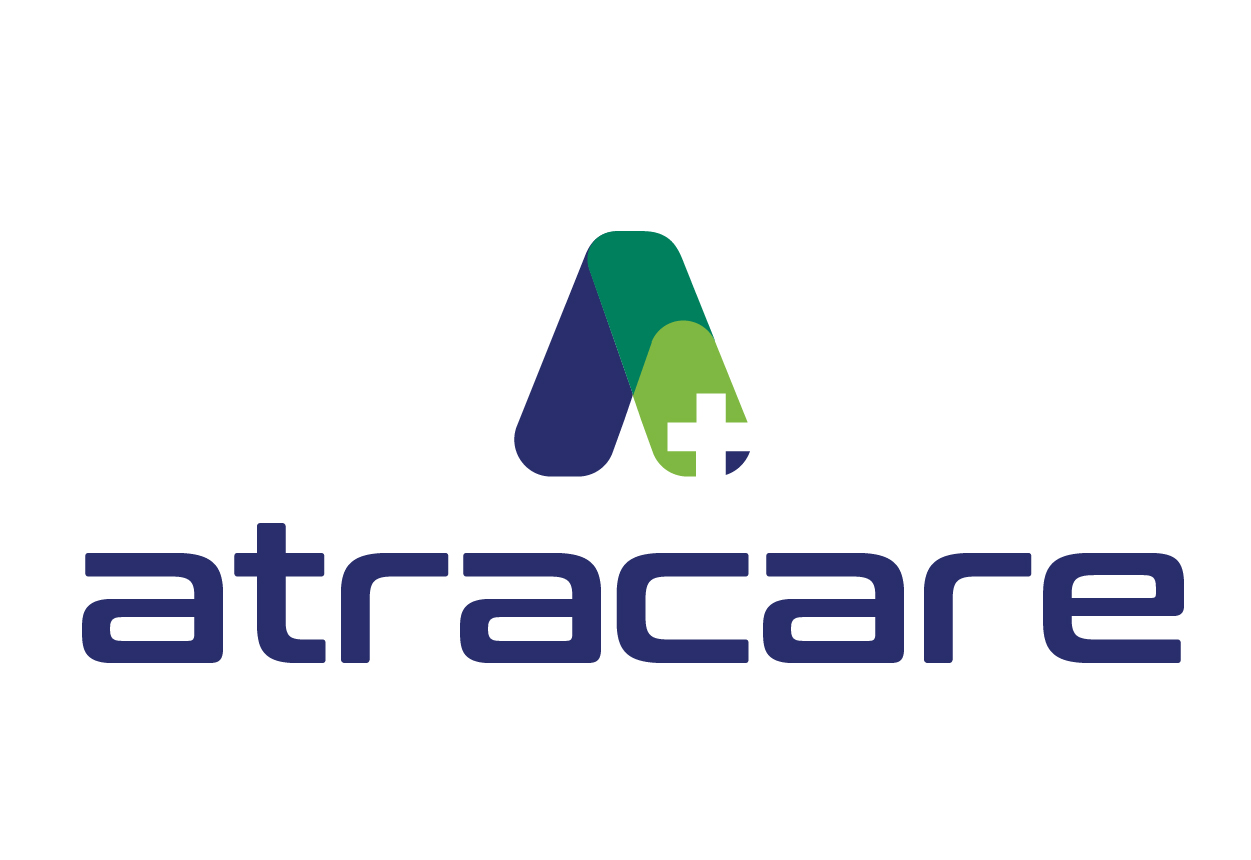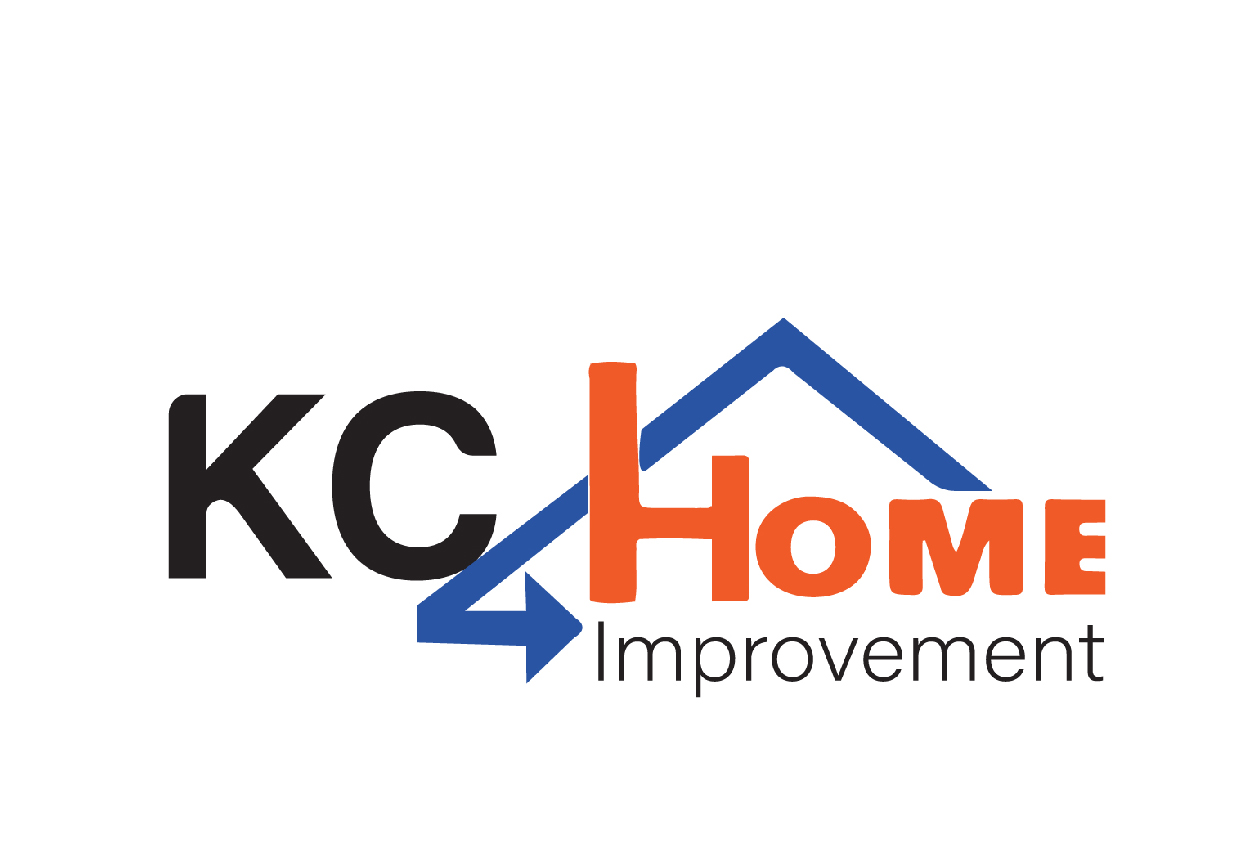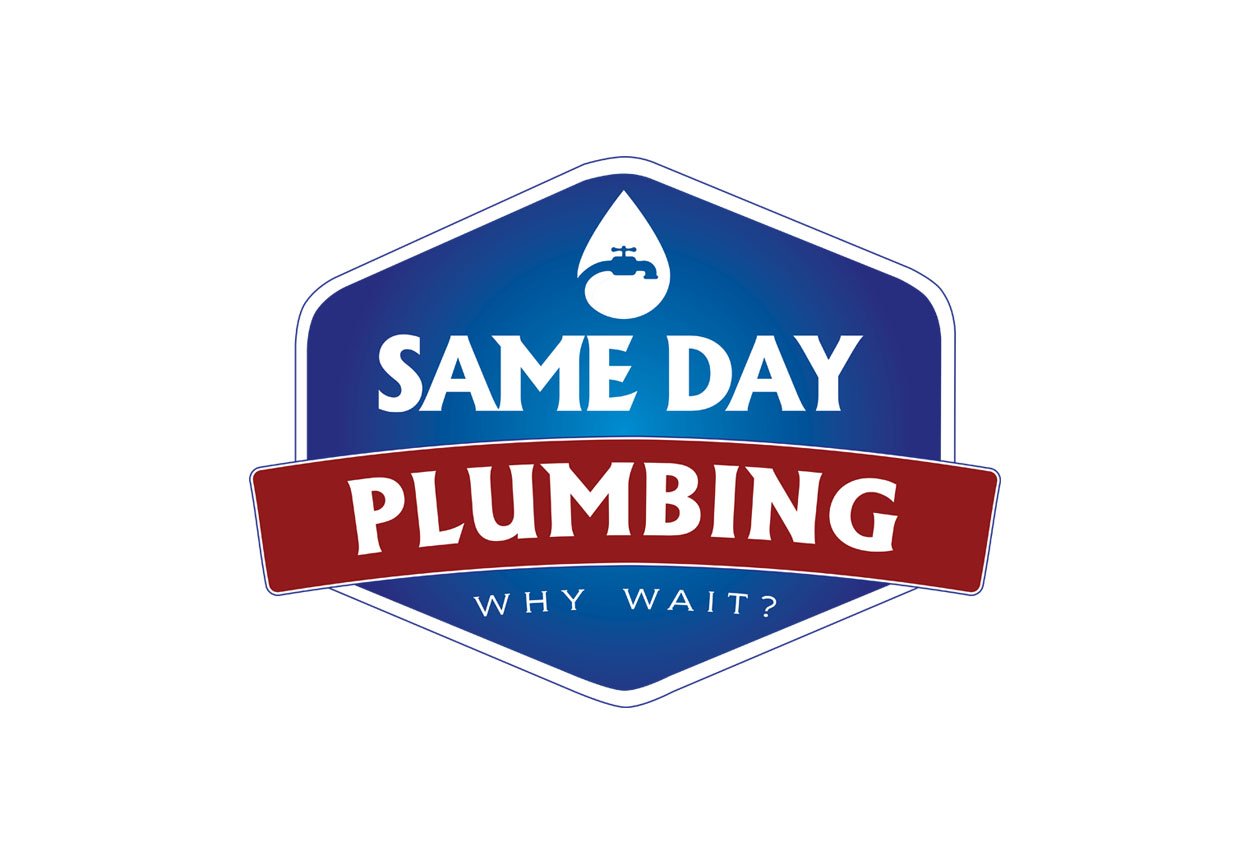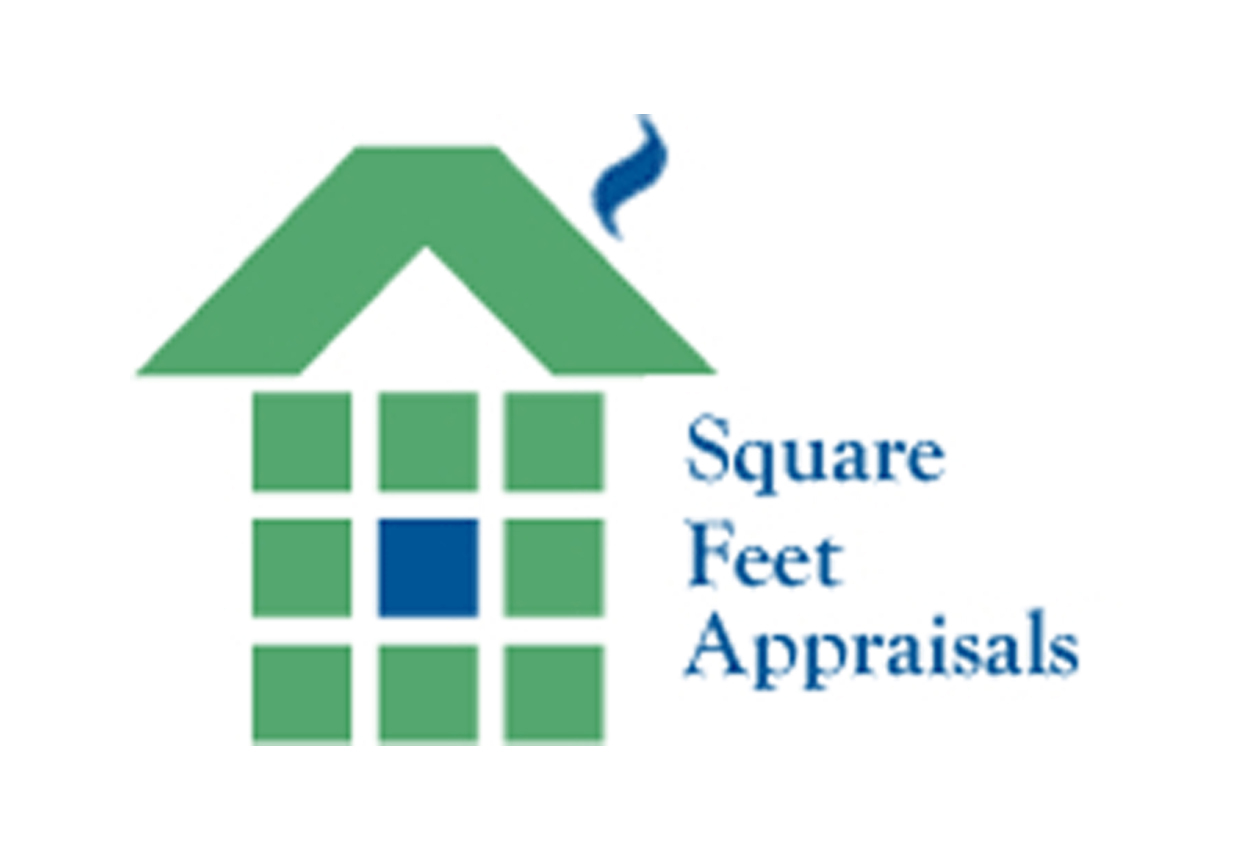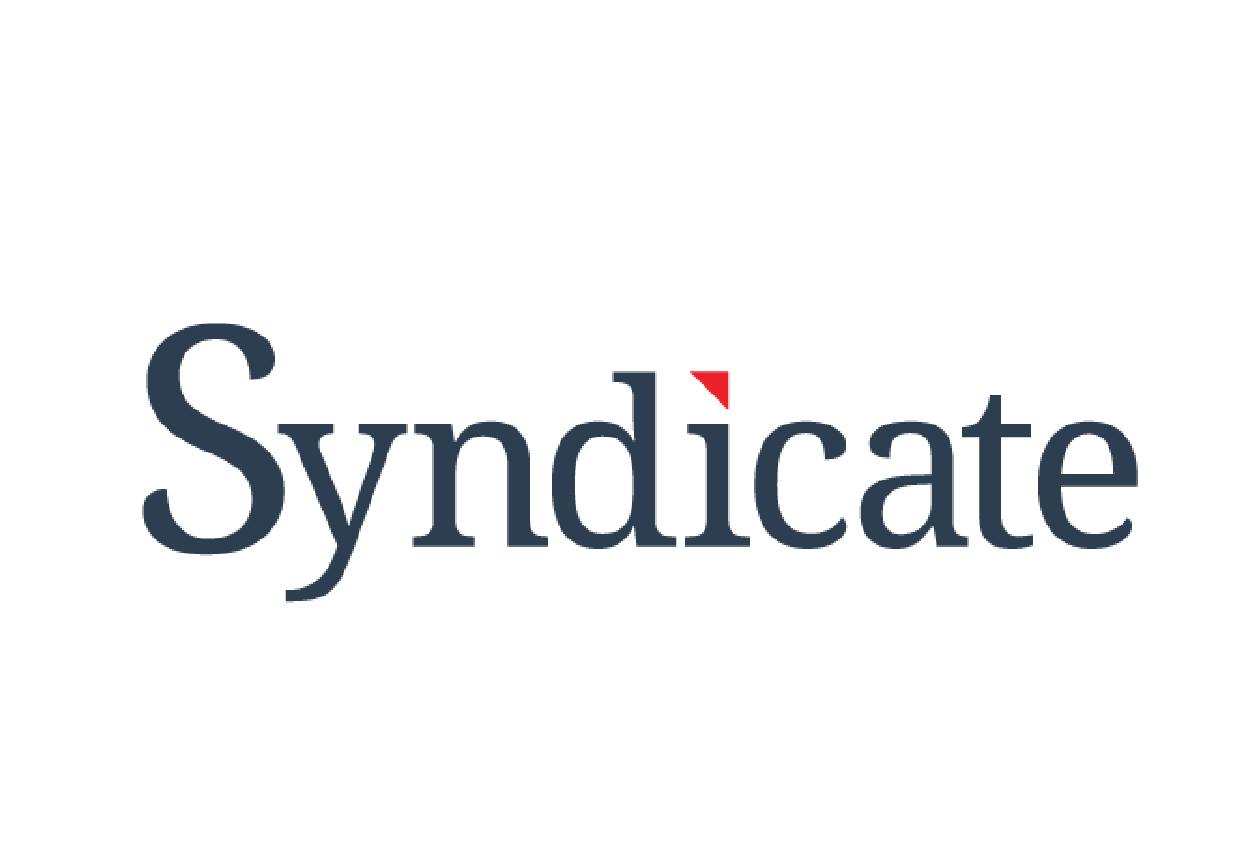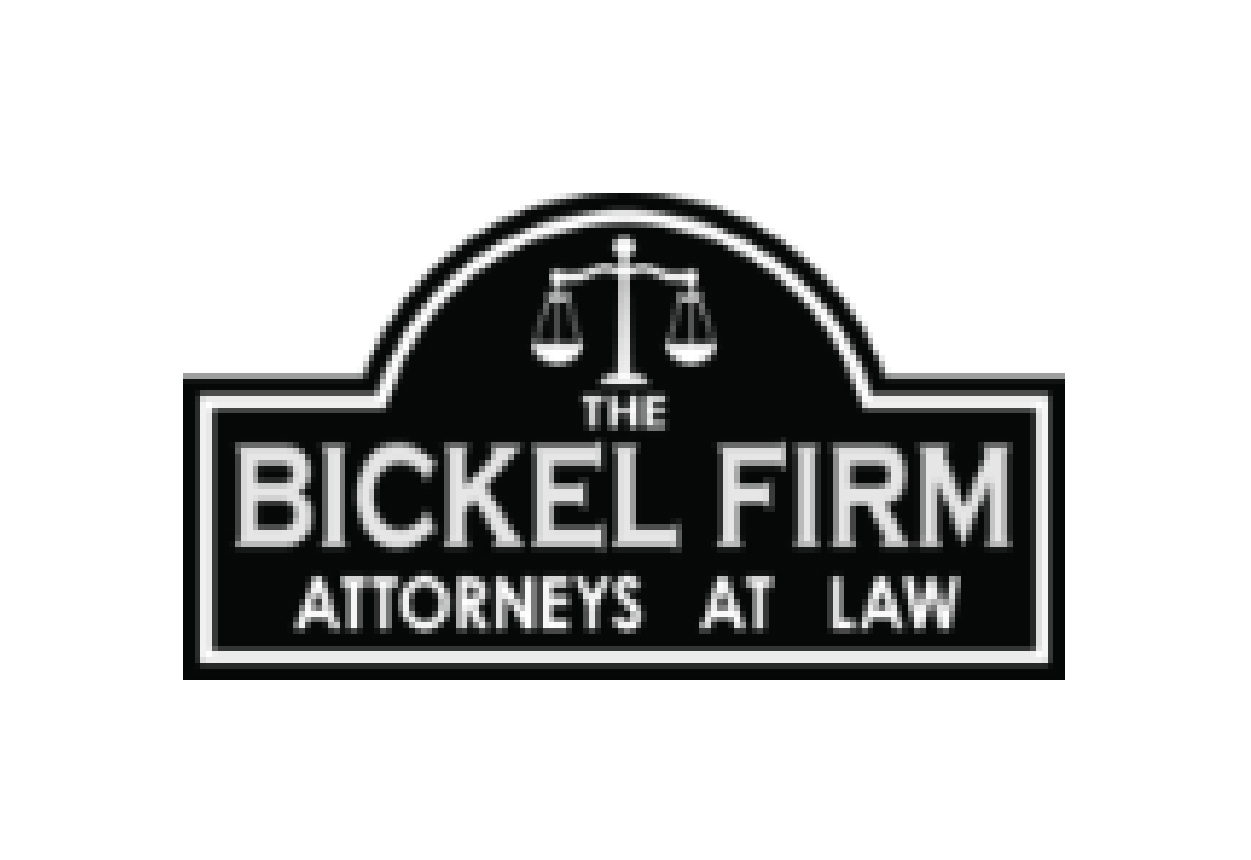Pricing Factors When Hiring a Date of Death Appraiser
When hiring a date of death appraiser, understanding the factors that influence pricing can help you make an informed decision. While the cost of an appraisal varies, several key elements play a role in determining the price. Here’s what you need to know:
1. Property Type
The type of property being appraised significantly impacts pricing. Single-family homes, condominiums, multi-family properties, or commercial real estate each require different levels of expertise and time. Larger or more complex properties generally cost more to appraise due to the additional research and analysis required.
2. Location and Market Complexity
The location of the property and the complexity of the local real estate market are important factors. Properties in high-demand or rapidly changing markets may require more in-depth analysis, while rural or remote properties might involve additional travel costs for the appraiser.
3. Documentation and Historical Data
A date of death appraisal requires the appraiser to determine the property’s fair market value as of a specific past date. Accessing historical sales data, market trends, and property condition records can add complexity and time to the process, potentially increasing costs.
4. Certification and Expertise
The experience and credentials of the appraiser also affect pricing. Hiring a certified appraiser with expertise in date of death appraisals ensures accurate, legally compliant results, but their professional qualifications may come at a premium.
5. Report Requirements
The level of detail required in the appraisal report can influence the price. Comprehensive reports that meet IRS and probate court standards often involve more time and resources than basic valuation summaries.
6. Timeline and Urgency
If you need an expedited appraisal, such as for probate deadlines or tax filings, expect to pay more for rush service. Expedited appraisals often require the appraiser to prioritize your case over other assignments.
7. Additional Services
Some appraisers offer supplementary services, such as consultations with attorneys or tax advisors, which may add to the overall cost. Discussing your specific needs upfront can help you determine if these services are necessary.
Final Thoughts
While pricing is an important consideration, it’s essential to prioritize quality and accuracy when hiring a date of death appraiser. A well-executed appraisal not only ensures compliance with legal and tax requirements but also provides peace of mind during an emotionally challenging time. At Square Feet Appraisals, we offer professional, transparent services tailored to your unique needs, ensuring you receive the best value for your investment.








